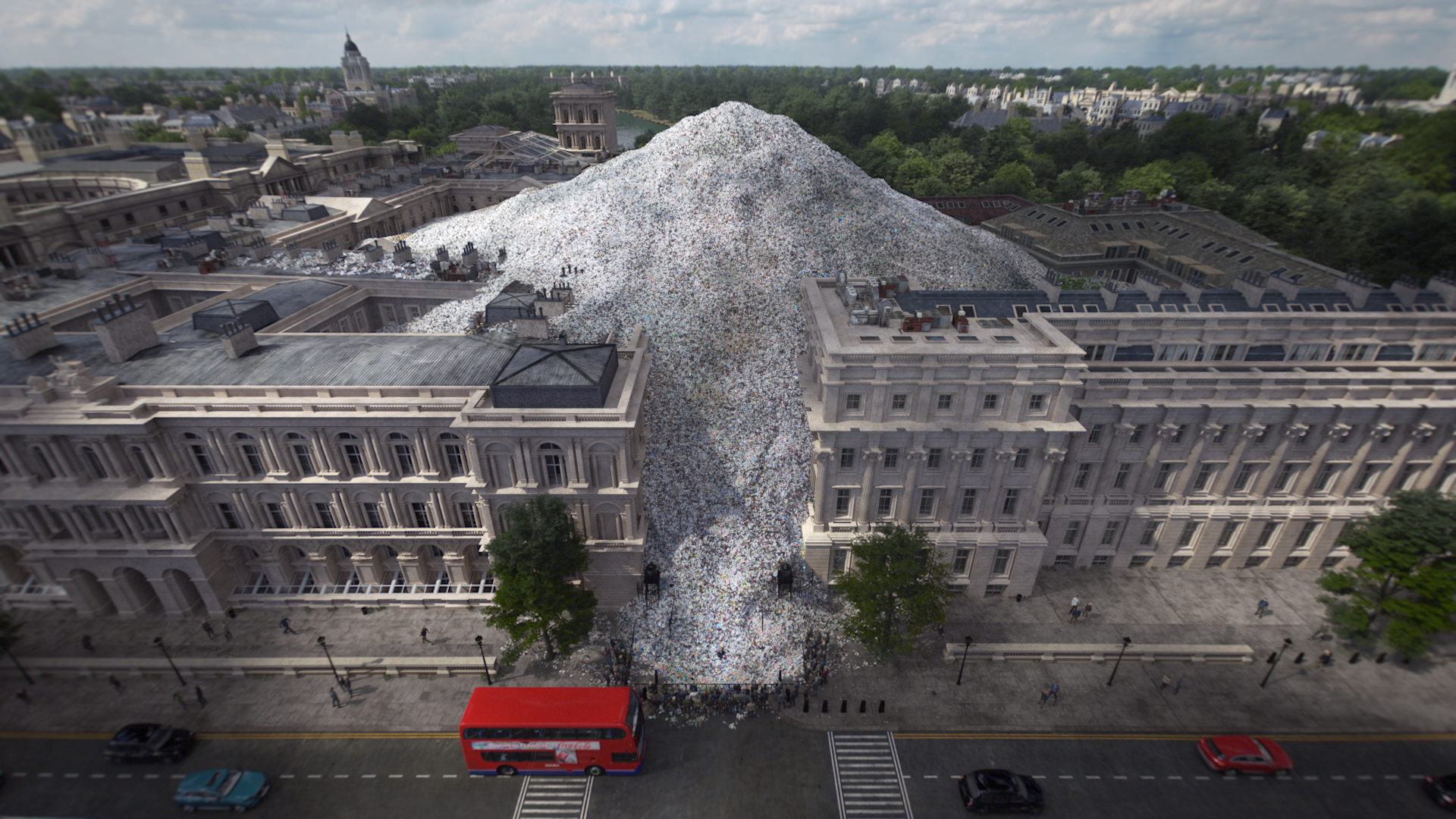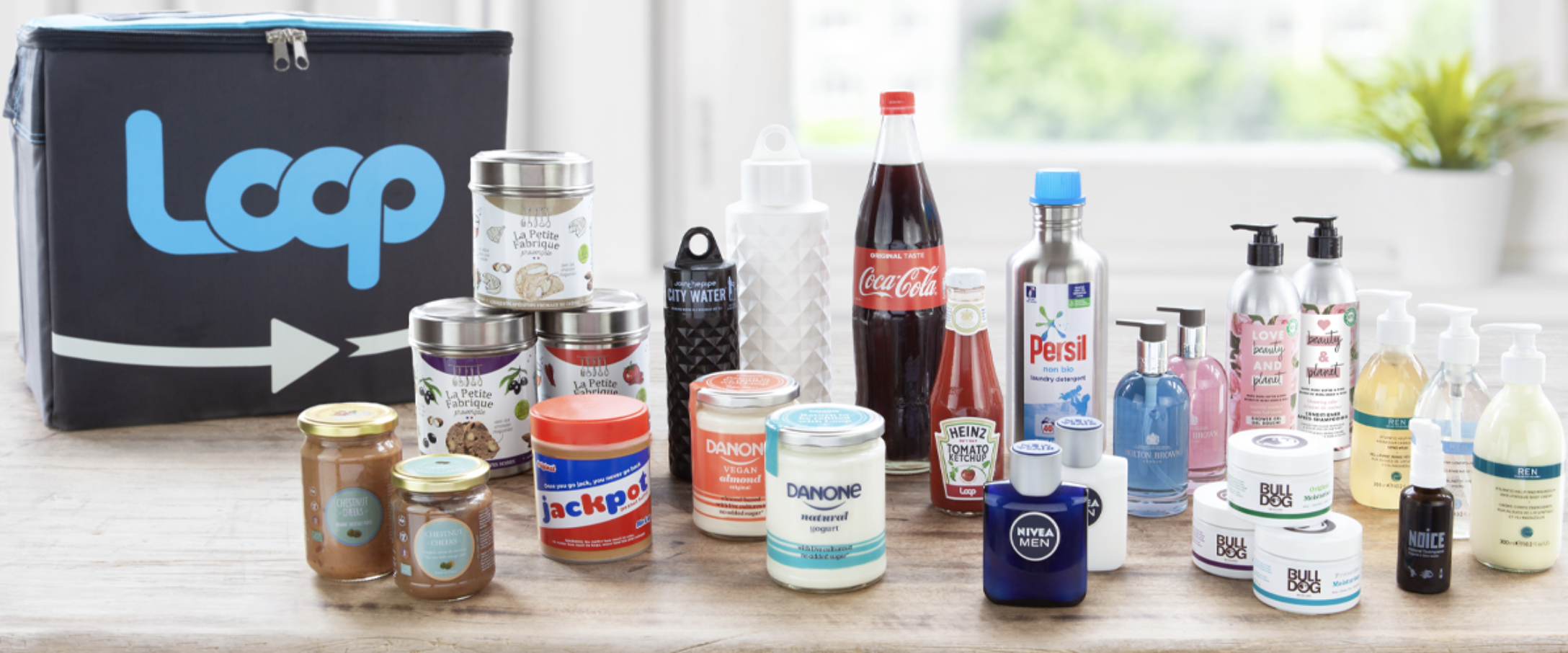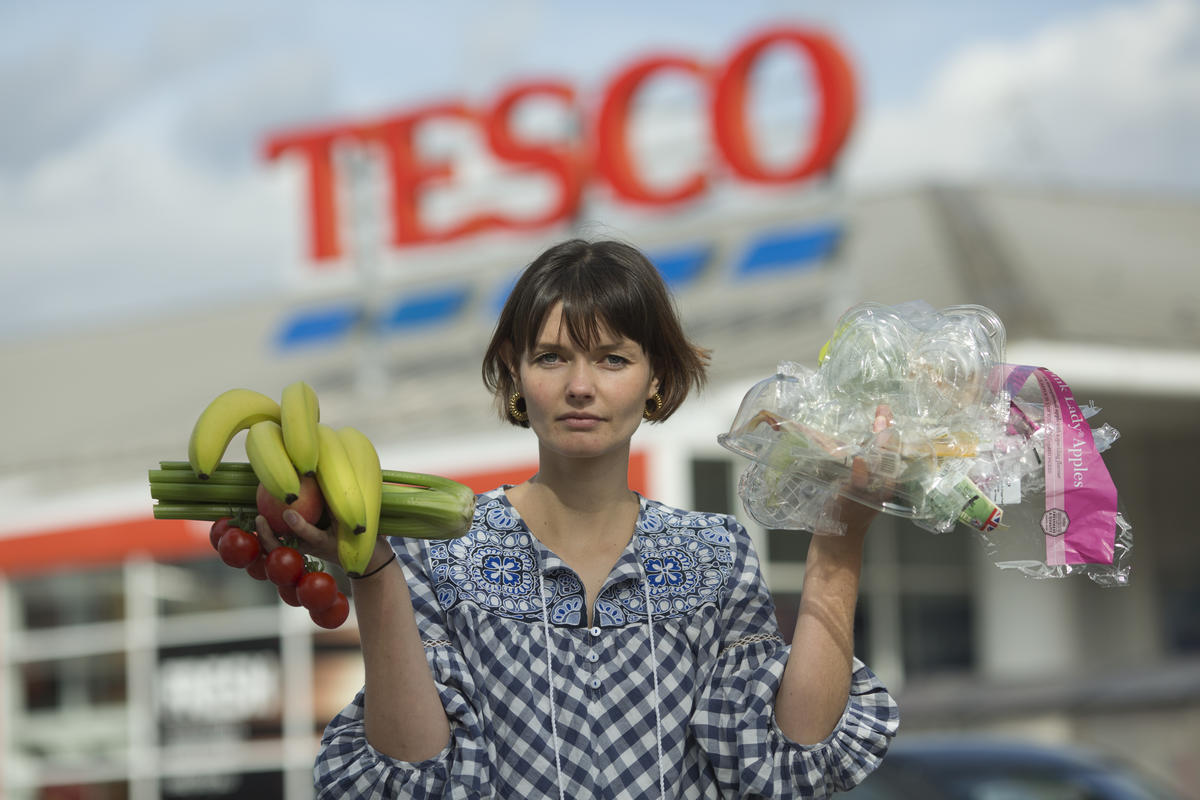Information from the United Nations official website:
REIMAGINE. RECREATE. RESTORE.
For too long, we have been exploiting and destroying our planet’s ecosystems. Every three seconds, the world loses enough forest to cover a football pitch and over the last century we have& destroyed half of our& wetlands. As much as 50 per cent of our coral reefs have already been lost and up to 90 per cent of coral reefs could be lost by 2050, even if global warming is limited to an increase of 1.5°C.
Ecosystem loss is depriving the world of carbon sinks, like forests and peatlands, at a time humanity can least afford it. Global greenhouse gas emissions have grown for three consecutive years and the planet is one pace for potentially catastrophic climate change.
With this big and challenging picture, the World Environment Day is focus in the ecosystem restoration and its theme is “Reimagine. Recreate.Restore.”
Ecosystem restoration means preventing, halting and reversing this damage – to go from exploiting nature to healing it. This World Environment Day will kick off the UN Decade on Ecosystem Restoration (2021-2030), a global mission to revive billions of hectares, from forests to farmlands, from the top of mountains to the depth of the sea.
Only with healthy ecosystems can we enhance people’s livelihoods, counteract climate change and stop the collapse of biodiversity.

Ecosystem Restoration Playbook
UNEP has published a practical guide to ecosystem restoration that provides an introduction to the range of actions that can slow and halt the degradation of ecosystems and foster their recovery.
Investing in ecosystems is investing in our future
World Environment Day 2021, which counts with Pakistan as the host country this year for its official celebrations, calls for urgent action to revive our damaged ecosystems.
From forests to peatlands to coasts, we all depend on healthy ecosystems for our survival. Ecosystems are defined as the interaction between living organisms - plants, animals, people - with their surroundings. This includes nature, but also human-made systems such as cities or farms.
Ecosystem restoration is a global undertaking at massive scale. It means repairing billions of hectares of land – an area greater than China or the USA – so that people have access to food, clean water and jobs.
It means bringing back plants and animals from the brink of extinction, from the peaks of mountains to the depths of the sea.
But it also includes the many small actions everyone can take, every day: growing trees, greening our cities, rewilding our gardens or cleaning up trash alongside rivers and coasts.
Restoring ecosystems carries substantial benefits for people. For every dollar invested in restoration, at least seven to thirty dollars in returns for society can be expected. Restoration also creates jobs in rural areas where they are most needed.
World Environment Day launch the UN Decade on Ecosystem Restoration 2021-2030.
This decade aims to prevent, halt and reverse the degradation of
ecosystems on every continent and in every ocean. It can help to end
poverty, combat climate change and prevent a mass extinction. It will
only succeed if everyone plays a part. Find out more about ecosystems
and the UN Decade, and join the global movement to restore our world.
Join the #GenerationRestoration movement through the official website of World Environment Day 2021. You can access more interesting information about ecosystems, the actions you can carry out to contribute to their restoration, as well as a large number of materials to promote the movement through social media. Every performance, no matter how small, matters.
If we all work together, we can at least slow things down, keep up the war against plastic production by reducing, when we can, the amount of plastic containers, single use plastics, refuse plastic bags (or better still take your own along with you, I have cloth ones that fold up really small and fit in my bag) and in general think before we buy or use!
Happy World Environment Day to our only World.
The blog song for today is: " All over the world" by Electric Light Orchestra
TTFN







